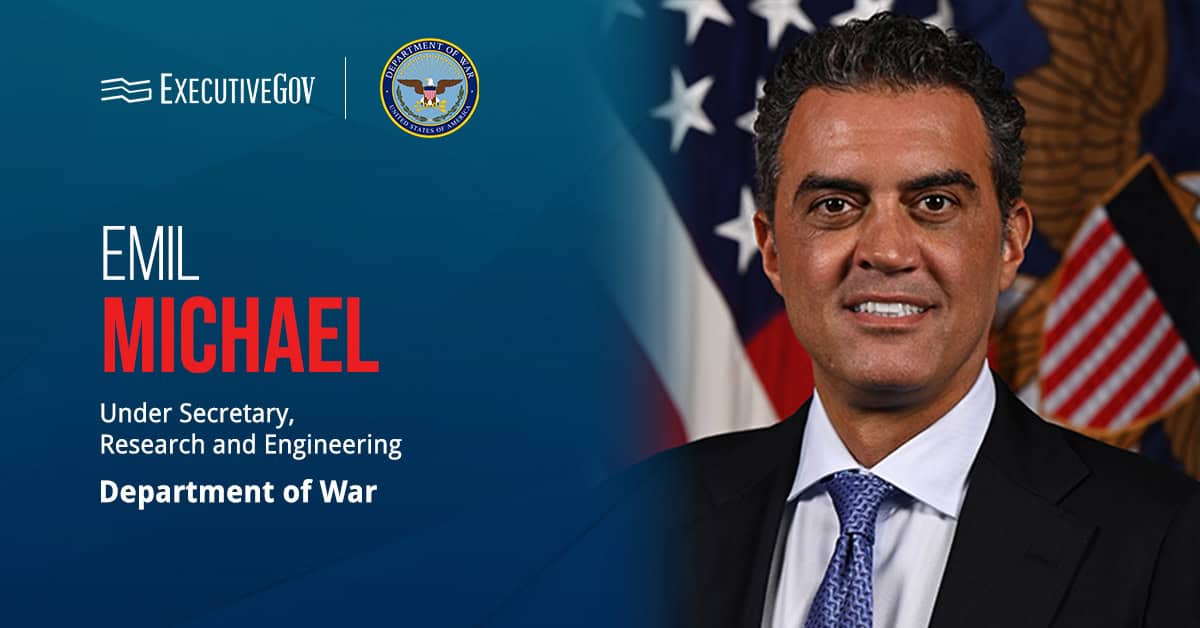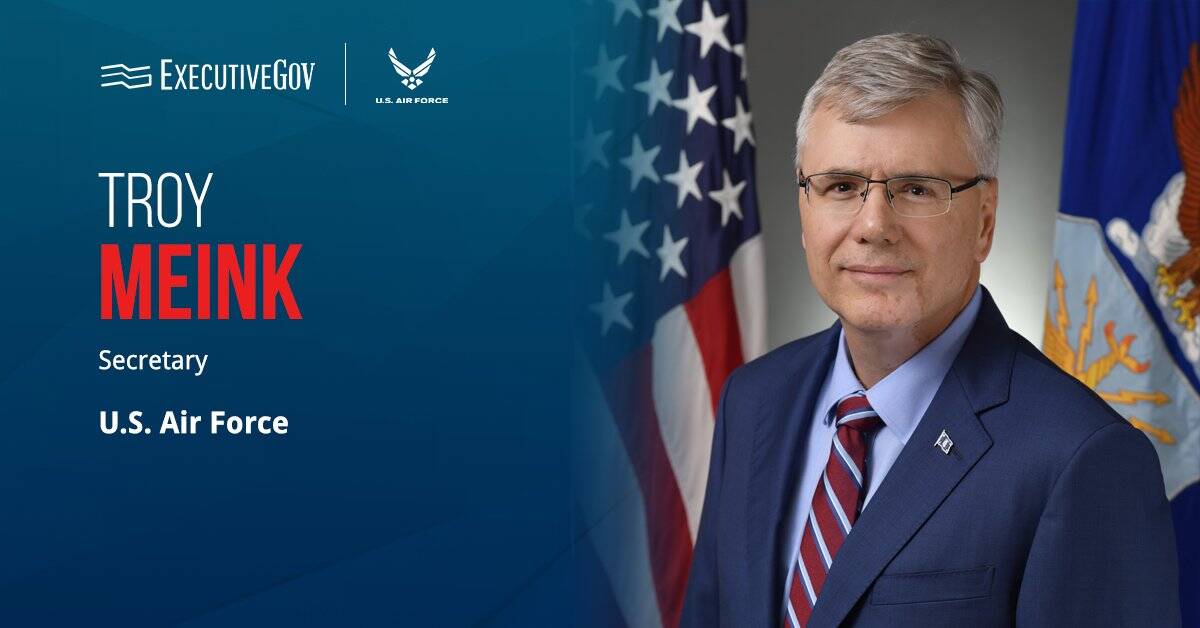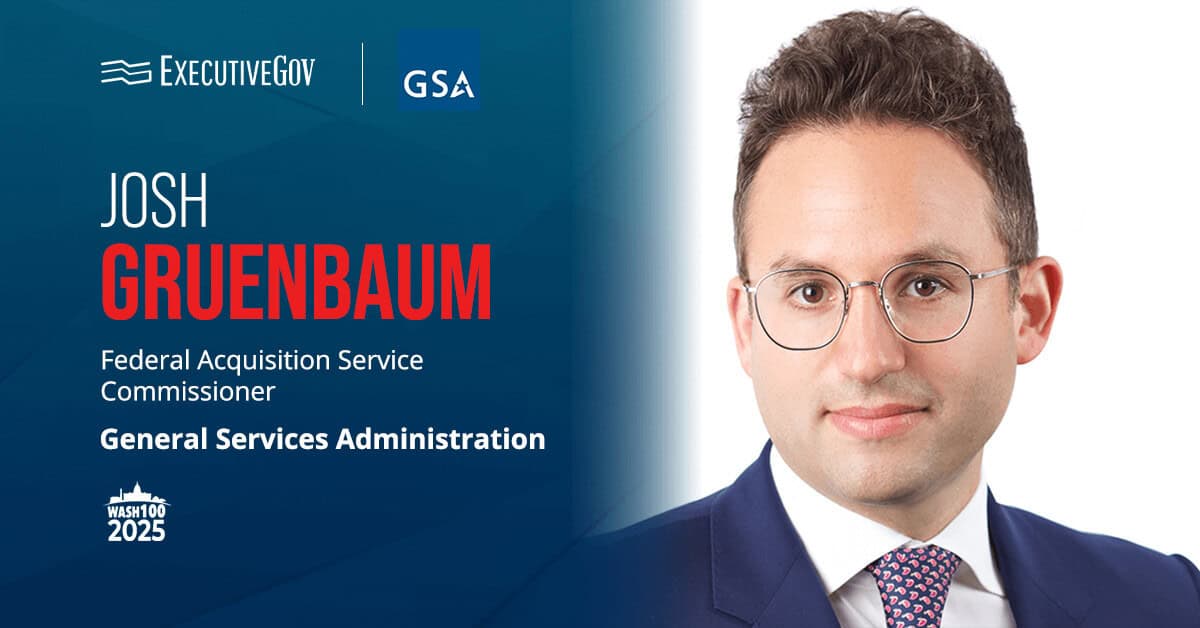
President Trump nominated Lt. Gen. David Berger for the U.S. Marine Corps commandant position. The nomination also includes Berger’s potential promotion to general. Berger serves as USMC’s deputy commandant for combat development and integration and commanding general of the service branch’s Combat Development Command, the Department of Defense said Wednesday.
He holds more than 30 years of military experience, having held assignments with 1st Marine Division and 2nd Reconnaissance Battalion. The experienced marine joined the military in 1981 as an infantry officer. He also held instructor duties with avation, special force and expeditionary groups within USMC during the earlier portion of his military career.
Berger received assignment in 2012 to support Operation Enduring Freedom as commanding general of 1st Marine Division. He’s been serving in his current roles since August 2018.





